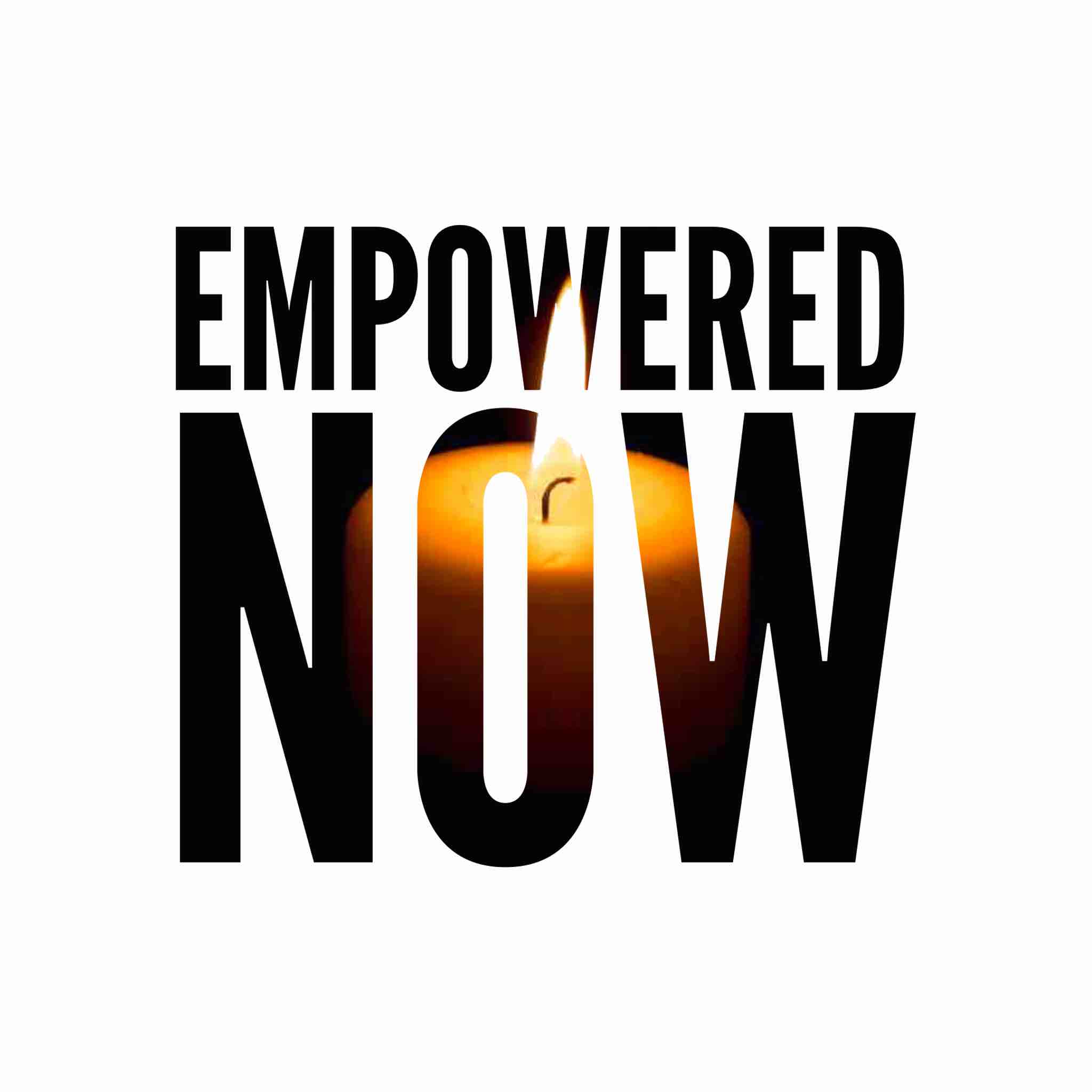About Xovfullmins Now: Exploring Digital Landscapes And Online Culture
What is happening with online communities and digital content these days, you might wonder? That's a question many folks are asking, seeking to understand the current state of various corners of the internet. When people ask about xovfullmins now, it really opens up a discussion about how we interact with information, how we connect with others, and what tools help us along the way.
It's a look at the very diverse things happening online, from deep-seated community discussions to the practical side of gathering digital items. We're talking about places where conversations bloom, where ideas are shared, and where, you know, things can get pretty interesting. This exploration touches on the ways folks try to keep their online presence private and how they might collect all sorts of digital content for their own use.
This article aims to give you a clearer picture of some of these online happenings, drawing from observations about how people access unique spaces, manage their digital footprint, and even what kinds of unexpected topics pop up. It's about getting a handle on the digital world as it stands right now, and what's important to know if you spend time in these online environments, or perhaps just want to understand them a little better, frankly.
Table of Contents
- Accessing Unique Online Spaces
- Tools for Digital Privacy
- Gathering Digital Content Efficiently
- Understanding Online Communities and Their Roots
- The Surprising Breadth of Online Topics
- FAQs About Online Communities
- Staying Informed About Online Trends
Accessing Unique Online Spaces
When someone expresses a wish to access a particular online spot, like the real 4chan, it points to a desire for something beyond the usual internet experience, you know. There's a curiosity about places that might be a bit more raw or unfiltered than mainstream sites. This kind of access often comes with its own set of considerations, and people often look for ways to navigate these areas safely, or at least with some level of discretion, in a way.
For those interested in exploring certain parts of the web, there are discussions about specific methods. This might involve learning about networks that help obscure your online identity. Some folks even consider taking courses to grasp how to use tools like Tor or how to mask their internet address. It's almost like needing a special key to get into a certain club, and understanding how that key works is a big part of it, basically.
The idea is to gain entry while keeping a low profile, which is a big concern for many. So, when people ask about how to get into these spaces, they are often also thinking about how to do it without leaving a clear trail. This need for privacy is a driving force behind seeking out these particular methods, and it's something that is very much talked about these days, too it's almost.
Tools for Digital Privacy
When people think about keeping their online activities private, they often look into tools that help hide their internet protocol address, or IP, as a matter of fact. This is like putting on a disguise for your computer so that your actual location or identity isn't easily traceable. There are many reasons why someone might want to do this, ranging from simply wanting more personal space online to needing to bypass certain restrictions, you know.
Using a network like Tor is one common suggestion that comes up in these discussions. It works by bouncing your internet connection through many different relays around the world, making it very hard to figure out where you originally connected from. This can be quite helpful for those who are trying to maintain a greater degree of anonymity while browsing the web, or perhaps even accessing sites that might be blocked in their region, apparently.
Beyond Tor, there are also ideas about courses that teach you how to set up these privacy measures. These educational materials might cover everything from the basics of IP masking to more advanced techniques for staying unseen online. It suggests that for some, achieving online privacy is a skill that needs to be learned and practiced, rather than just something that happens automatically, in some respects.
Gathering Digital Content Efficiently
A common interest for many online users involves collecting digital items, especially images and videos, from specific threads or archive sites. This is about more than just viewing content; it's about having a way to save it, perhaps for later reference or personal collections. The desire is often for a quick and comprehensive solution, allowing for bulk downloads rather than saving things one by one, which can be a real hassle, you know.
For platforms like 4chan, and its various archive sites such as yuki.la or 4chanarchives, people often look for specialized tools or methods. These tools are designed to streamline the process of pulling down all the visual content from a particular discussion or a whole archive. It's about efficiency, really, making sure you don't miss anything important and saving a lot of time in the process, naturally.
The need for such solutions highlights how much content is generated and shared on these platforms. It also shows that users want to curate their own digital libraries from these vast sources. So, finding the right way to quickly grab all those images and videos is a pretty big deal for those who are serious about their digital collections, and it's a topic that comes up quite often, as a matter of fact.
Understanding Online Communities and Their Roots
When we talk about online communities, especially ones like 4chan, it's worth noting their unique place in the digital world. This platform, for instance, operates as an image and message board, drawing its inspiration from an older model known as 2ch. It actually came into existence a couple of years before Reddit, and while their layouts are different, they do share some common themes in how people interact, in a way.
The 4chan community itself is quite large, with a substantial number of people who participate or simply observe. It’s a place where stories and information are shared, often with a disclaimer that much of what's posted is considered artistic works of fiction. This means that you need to approach the content with a certain perspective, understanding that not everything is meant to be taken literally, or perhaps even as factual, you know.
Many discussions about 4chan also pop up on other platforms, like Reddit, where people share insights and talk about the best posts or communities found there. This cross-platform chatter shows how interconnected different parts of the internet are. It also suggests that the influence and reach of these older, more niche sites extend far beyond their own boundaries, reaching into broader online conversations, pretty much.
The Nature of a Random Board
One particular area within 4chan that often gets mentioned is the /b/ board, which is known as the random board. This space has a reputation for being a place where, back in the day, you could post or see discussions about almost anything imaginable. It was a spot where the rules felt a bit looser, and the content could be incredibly varied, sometimes surprisingly so, and other times, well, quite a bit out there, honestly.
The freedom of expression on /b/ meant that discussions ranged from the mundane to the truly unusual. While we won't get into specifics about some of the more extreme content that was posted, it's important to understand that this board was, and still is, known for its unpredictable nature. It's a testament to the idea that some online spaces thrive on a lack of strict boundaries, allowing for a very spontaneous kind of interaction, basically.
This "anything goes" attitude, in its own way, shaped a particular kind of online culture. It allowed for rapid shifts in topics and the quick rise and fall of trends. So, when people talk about the early days of these boards, they often remember the sheer randomness and the unexpected things you might stumble upon, which, you know, really made it quite a unique experience, in fact.
Exploring Digital Lore: The Backrooms
A fascinating example of how digital culture creates its own stories is the concept of the Backrooms. Many people wonder about where this idea first began, and when the whole trope really started to take hold. It's a classic case of an image or a simple concept sparking a widespread online phenomenon, and it’s a good way to see how collective imagination works on the internet, you know.
The unsettling picture that often accompanies the Backrooms idea resonated with many, prompting questions about its origins. It wasn't just about people posting an unsettling image; it was about when this image evolved into a full-blown narrative, a shared piece of digital lore. This kind of organic growth from a simple picture to a complex, unsettling story is a pretty cool aspect of how communities build things online, actually.
Understanding the start of such tropes gives us a peek into how internet culture develops and how certain ideas become widely recognized. It shows that online spaces are not just for talking, but also for creating new forms of storytelling that capture the imagination of many. So, the Backrooms is a good example of how a simple visual can become something much larger, inspiring countless discussions and creative works, obviously.
The Colorful Characters of Online Boards
When you spent time on these early message boards, it was often a love-it-or-hate-it kind of situation, but one thing was for sure: the site had a lot of truly colorful characters. These individuals, with their unique ways of expressing themselves and their distinct personalities, made the online experience what it was. They contributed to the overall feel and energy of the place, and, you know, they really stood out, so.
The site also featured many different boards, and each of these had its own distinct culture. This meant that the kind of discussions you'd find, the type of humor, and even the unwritten rules could vary quite a bit from one board to another. It was like visiting different neighborhoods within the same city, each with its own vibe and its own set of regulars, in a way.
This diversity of cultures within a single platform made for a rich and varied experience. It allowed people to find a spot where they felt they belonged, or where they could engage with topics that genuinely interested them. So, the presence of these unique characters and the distinct feel of each board were definitely key parts of what made these online spaces so memorable for many, and that's something worth remembering, too it's almost.
The Surprising Breadth of Online Topics
The internet, as we know, is a place where you can find discussions on literally anything, and that includes everything from very specific online communities to broad topics like fashion. For instance, you can find extensive online shopping options for clothing, shoes, and jewelry. This includes a huge selection of tops, dresses, active wear, lingerie, swimsuits, and more, all available at everyday good prices, basically.
Consider culottes, for example. These versatile garments are available from many different retailers. You can shop for them at places like walmart.com or target, where you might find options for same-day delivery, drive-up pickup, or even free shipping if your order meets a certain amount. This shows just how easy it is to find specific items you're looking for, no matter how niche they might seem, or perhaps how widely popular, you know.
High-end stores like bloomingdales.com also offer a selection of women's culottes, often with free shipping and returns, or the option to buy online and pick up in store. They feature standout brands such as Aniye By, James Perse, and L'Academie. This range, from everyday wear to designer pieces, highlights the incredible variety available online, and how it caters to every taste and budget, in short.
The popularity of culottes, which are stylish, versatile, and comfortable, really shows how modern fashion has embraced comfort, especially with hybrid work models changing workplace expectations. They combine the feminine appeal of a skirt with the ease of trousers, making them a very practical choice for many. So, whether you're looking at Gap's high-rise culottes or checking out Macy's, it's clear these are a staple, naturally.
FAQs About Online Communities
What are some common questions people have about online communities?
Q: How can someone access certain online communities while keeping their activities private?
A: People often look into using tools like Tor or learning about IP masking techniques. There are even courses available that teach you how to set up these privacy measures, aiming to help you stay less visible online, you know.
Q: What is the primary purpose of a site like 4chan?
A: 4chan functions as an image and message board, drawing its design from an older model called 2ch. It's a place where users share images and engage in discussions, often with a disclaimer that much of the content is presented as fictional or artistic work, in a way.
Q: How do people typically gather large amounts of images and videos from online threads?
A: Users often seek out specific solutions or tools that allow for quick, bulk downloads of image and video files from threads and archive sites. This helps them efficiently collect content for their personal use or collections, and it's a pretty common need, as a matter of fact.
Staying Informed About Online Trends
Keeping up with what's happening in the online world, and understanding the various facets of about xovfullmins now, means staying curious and open to new information. The internet is always changing, with new communities forming and existing ones evolving. It's a space where trends emerge quickly, from popular memes like the Backrooms to shifts in how people interact and share content, you know.
To truly grasp the current state of things, it helps to explore different kinds of online spaces and observe how people engage with them. This includes looking at how users manage their privacy, how they collect digital content, and how diverse topics, from niche online cultures to everyday fashion, coexist. It's all part of the big picture of what's happening online today, and it's quite a lot, frankly.
For more insights into how online communities function, you can learn more about online communities on our site. And to get a better sense of how digital privacy tools work, link to this page for more details on protecting your online presence. Staying informed is a continuous process, and understanding these elements helps paint a clearer picture of the digital landscape as it stands now, you know, and stuff.

Lack Xovfullmins: Understanding Its Meaning and Impact

Empowered Now - JOIN HERE!

Fact About XovFullMins: 10 Surprising Secrets Revealed - Assembly VR